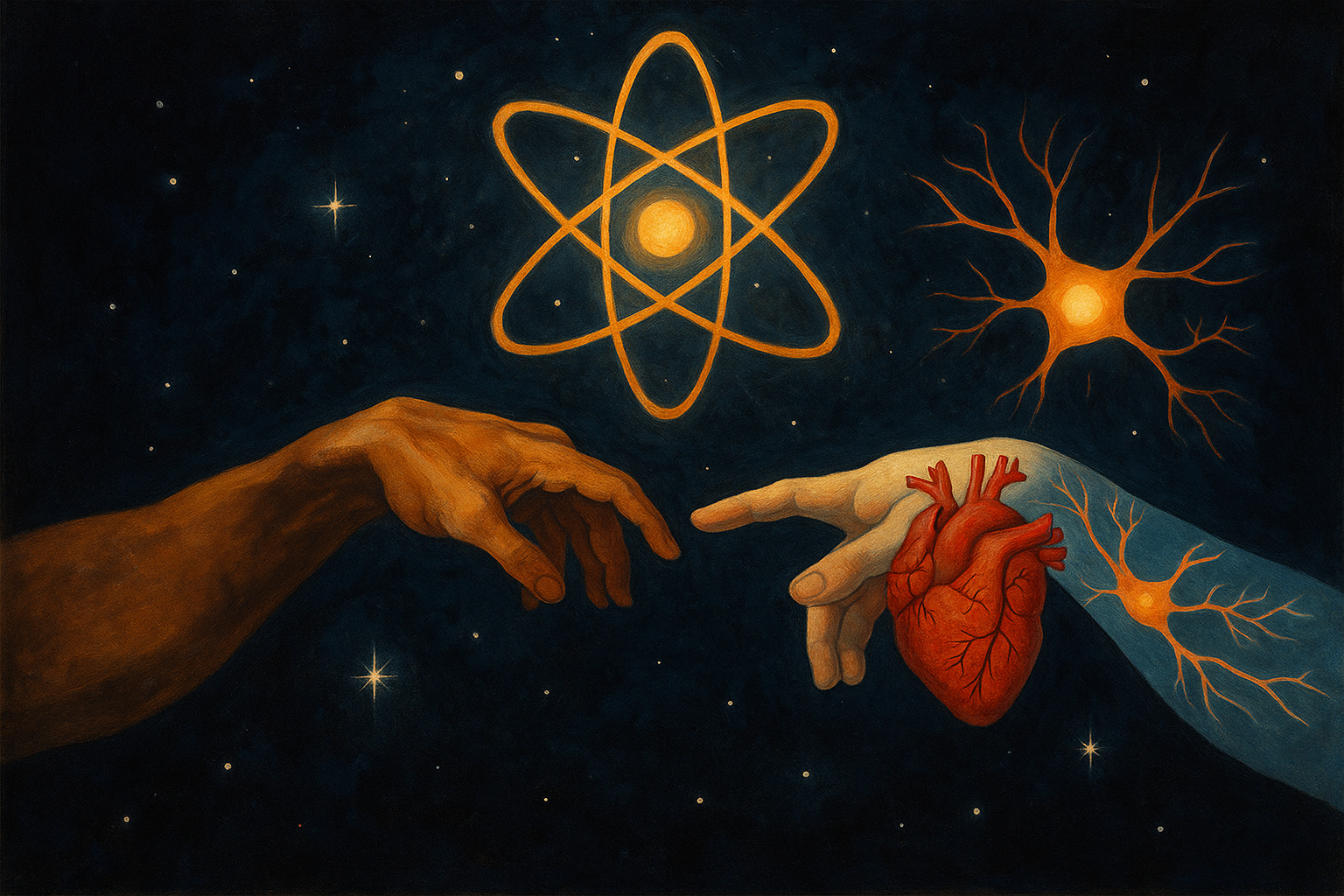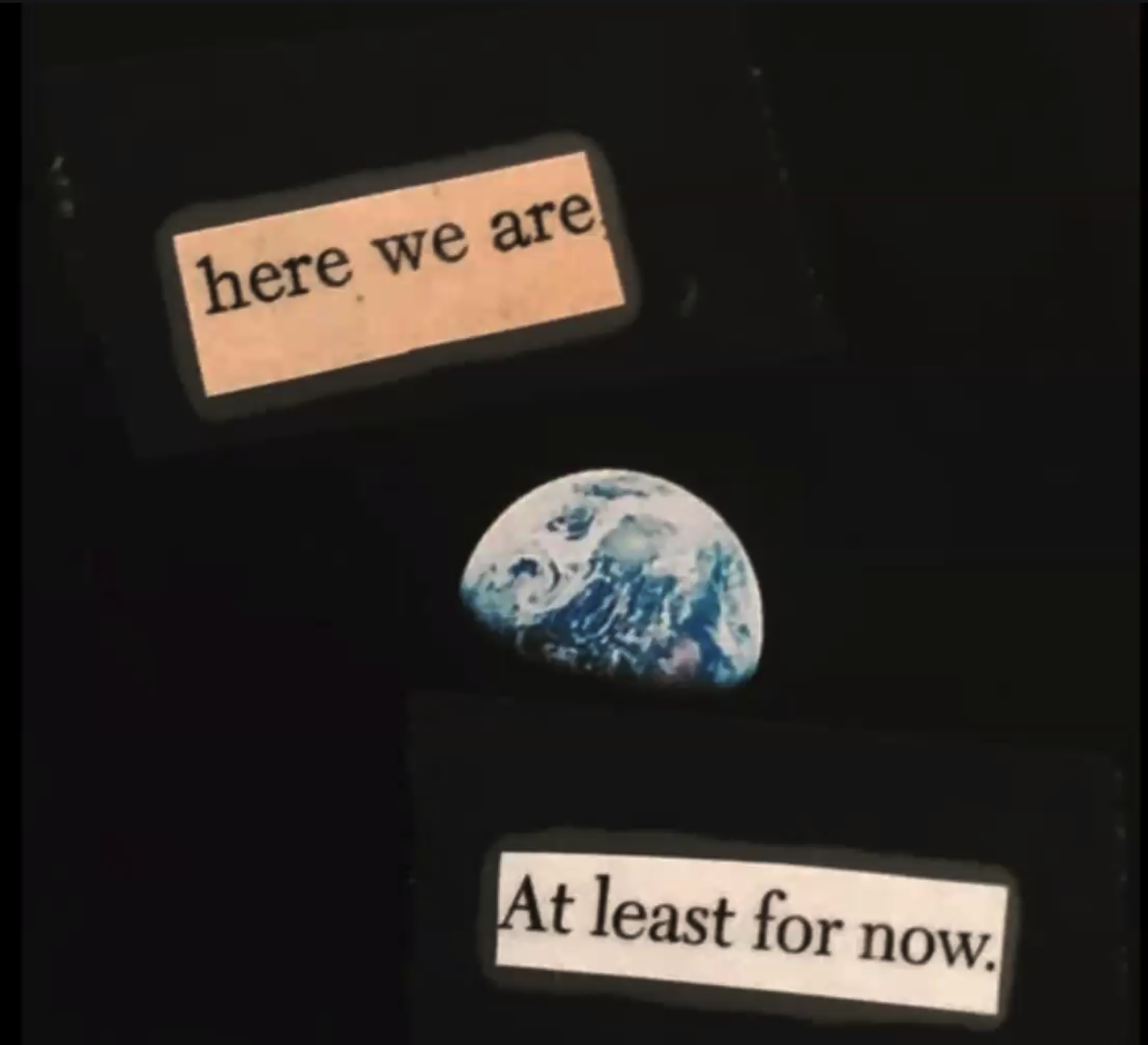Meet Our Team
UK Space LABS brings together a diverse team of seasoned experts, early career professionals and students from across the space life sciences community and aligned sectors. Our team combines decades of experience in space medicine, biomedical research, education, and industry collaboration to advance the field of space biomedicine in the UK and internationally.
Executive Committee Members
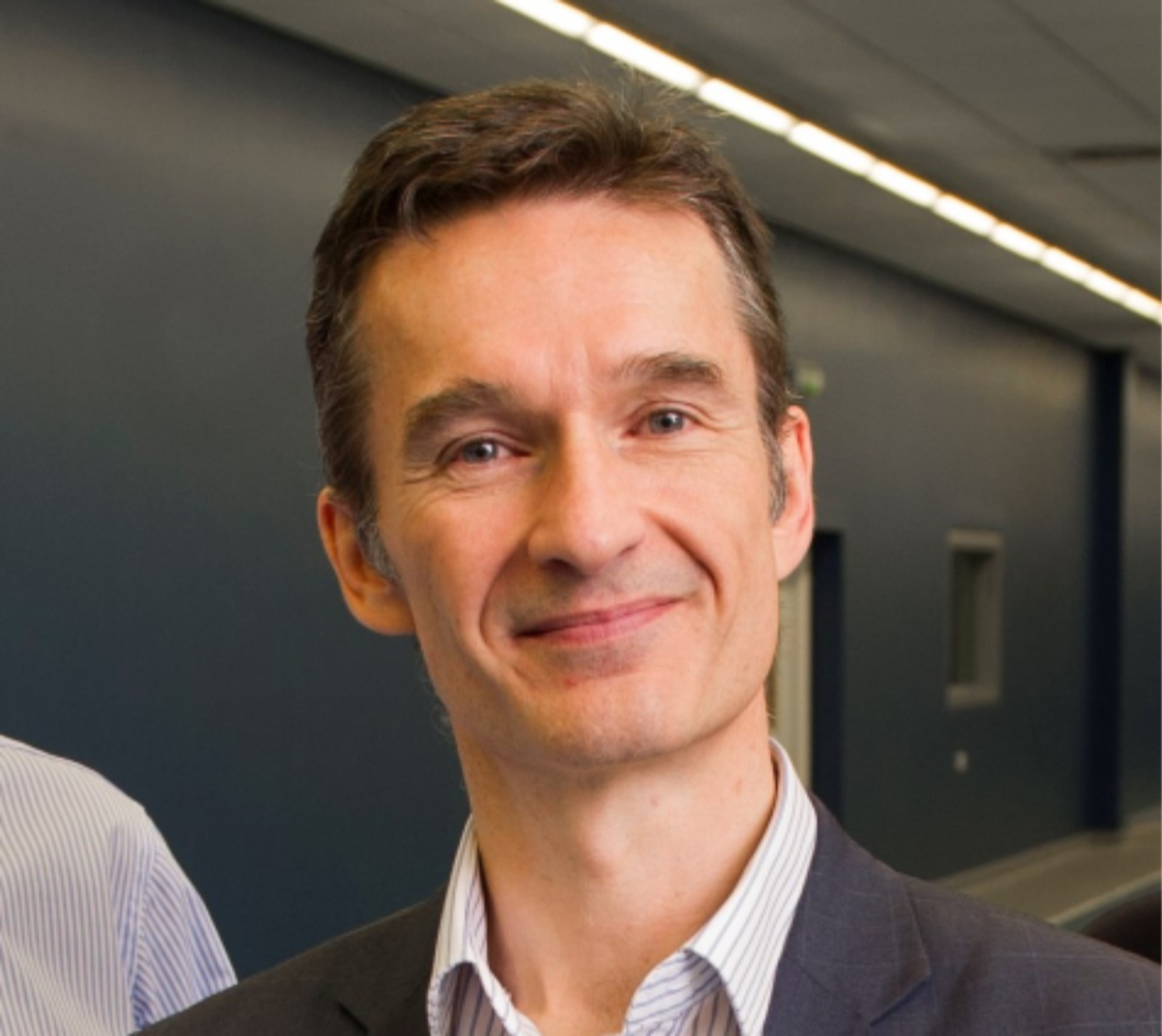
Dr Simon N Evetts
Human Spaceflight Consultant BA(Hons), PG Cert, MSc, PhD
Chairman
Until recently Simon Evetts was a Director of Blue Abyss Ltd, prior to which he worked for Wyle (now KBR) leading the Medical Projects & Technology Unit at the European Astronaut Centre (EAC), Cologne, supporting the health of European astronauts. Since leaving Blue Abyss, where at different times he led the Space and R&D arms of the business, Simon has transitioned to human spaceflight consulting and is a co-founder of NauteXe Global, a company set to support extreme enviornment operations, including space. Simon has been passionate in the development of the UK human spaceflight community over the last 25 years, co-founding the UK Space Life & Biomedical Sciences and UK Space Environments Associations as a result. He is a Visiting Senior Lecturer at Kings College London, a Visiting Professor at Northumbria University, and a Fellow of the Royal Aeronautical Society.
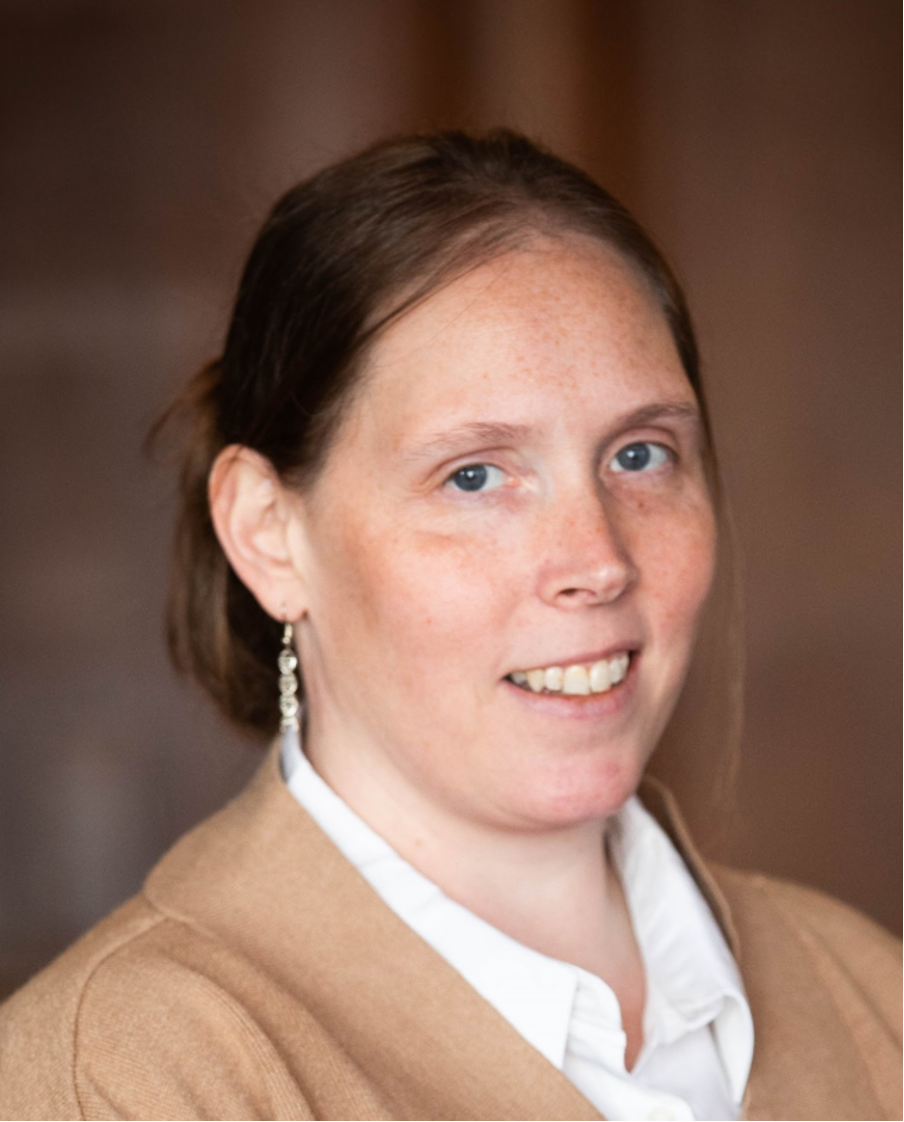
Dr Katherine Baxter
Research Associate, University of Glasgow; Co-Lead of Biofilms Subgroup, Open Science Data Repository (OSDR) Microbes Analysis WG; Lead, Microbial biotechnology and microbial-host interaction WG, Space Life Sciences European Research Network (SEREN); Founder, COSMIC-Net - PhD in Biochemistry, BSc (Hons) in Molecular Biology
Co-ordinator
Dr Katherine Baxter is an interdisciplinary researcher whose research interests lie in understanding the role of microbial communities in the health and disease of both humans and plants, and how we can apply that knowledge to our benefit. Her work translates across a variety of terrestrial and spaceflight applications, including antimicrobial resistance and pathogen emergence in healthcare, sustainable agriculture practices, the promotion of health and wellbeing of crew in spaceflight, and the use of microorganisms as a biotechnological tool for space exploration. She was one of the first UK-based researchers to be selected for the NASA Spaceflight Technology, Applications and Research (NASA STAR) training course, and is a champion of Open Science practices, founding a Scotland-Ireland Space Microbiology Open Science Network (COSMIC-Net) in 2024.
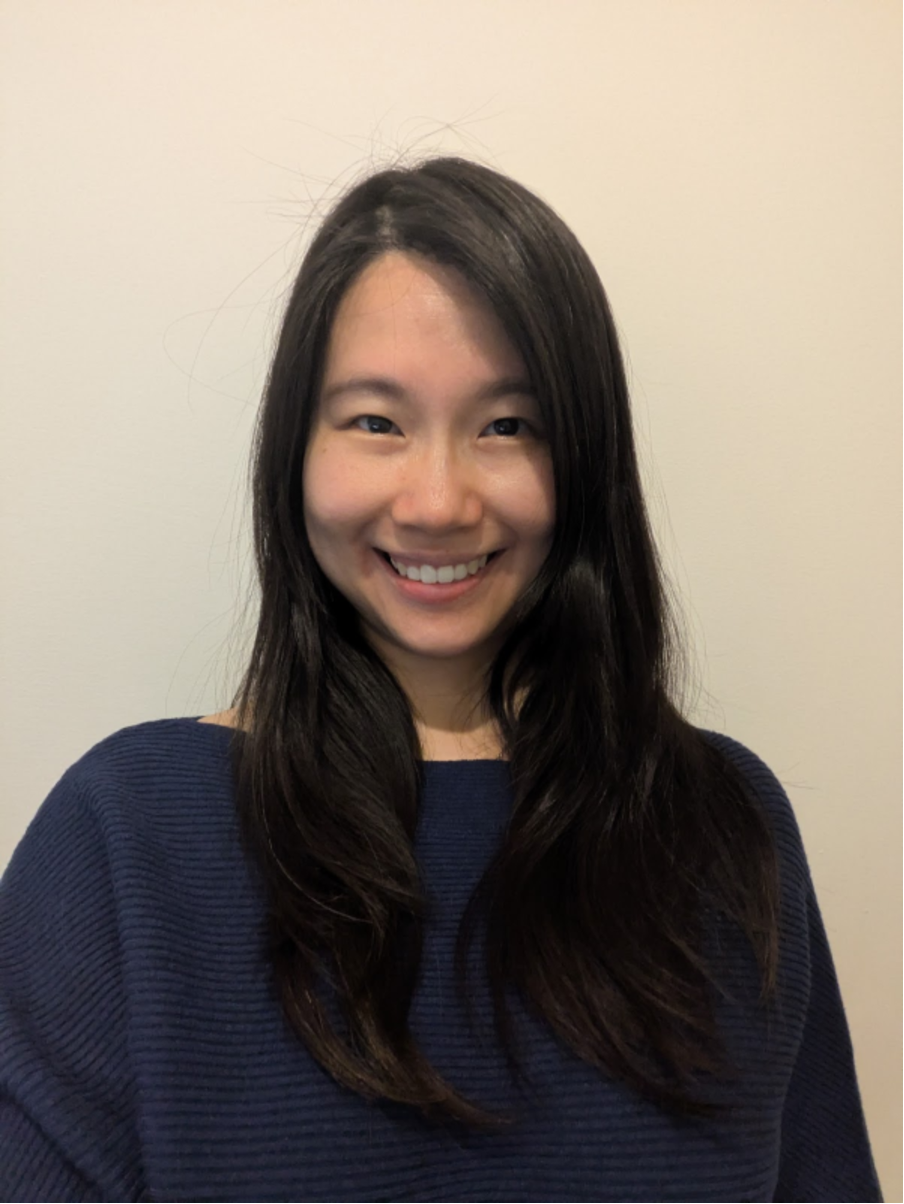
Dr Li Shean Toh
Asst Professor (Associate) at University of Nottingham, UK; Research Fellow at Monash University, Australia; Director of Apotech at Extreme Ltd - PhD in Pharmacy Practice and Policy, MPharm, FHEA
Co-coordinator and International Liaison (Asia Pacific)
Dr Li Shean Toh is currently working at Monash University, Australia. Prior to this she was an Asst Professor at the University of Nottingham UK and as a lecturer in medicines management at the University of Tasmania, Australia. Li Shean's main research focuses on improving health services by translating research into practice. She seeks to combine innovative technologies, qualitative and quantitative methodologies to inform and change practice and policy. Her particular area of expertise is in medicines management most notably in osteoporosis. Her latest and novel research area is in Astropharmacy, exploring medication safety and pharmacy services in space.She has funded project with the UK Space Agency and the European Space Agency. She had also led the recent inclusion of Pharmacological Countermeasures on the forthcoming European Space Agency (ESA) SciSpacE roadmap as well as an expert advisor with the United Nations (UN) and Royal Society.Most recently she has been competitively selected to be the UK Space Agency Life Science in Microgravity Advisor for the Space Exploration Advisory Committee. It advices the UK’s Space Exploration programme.
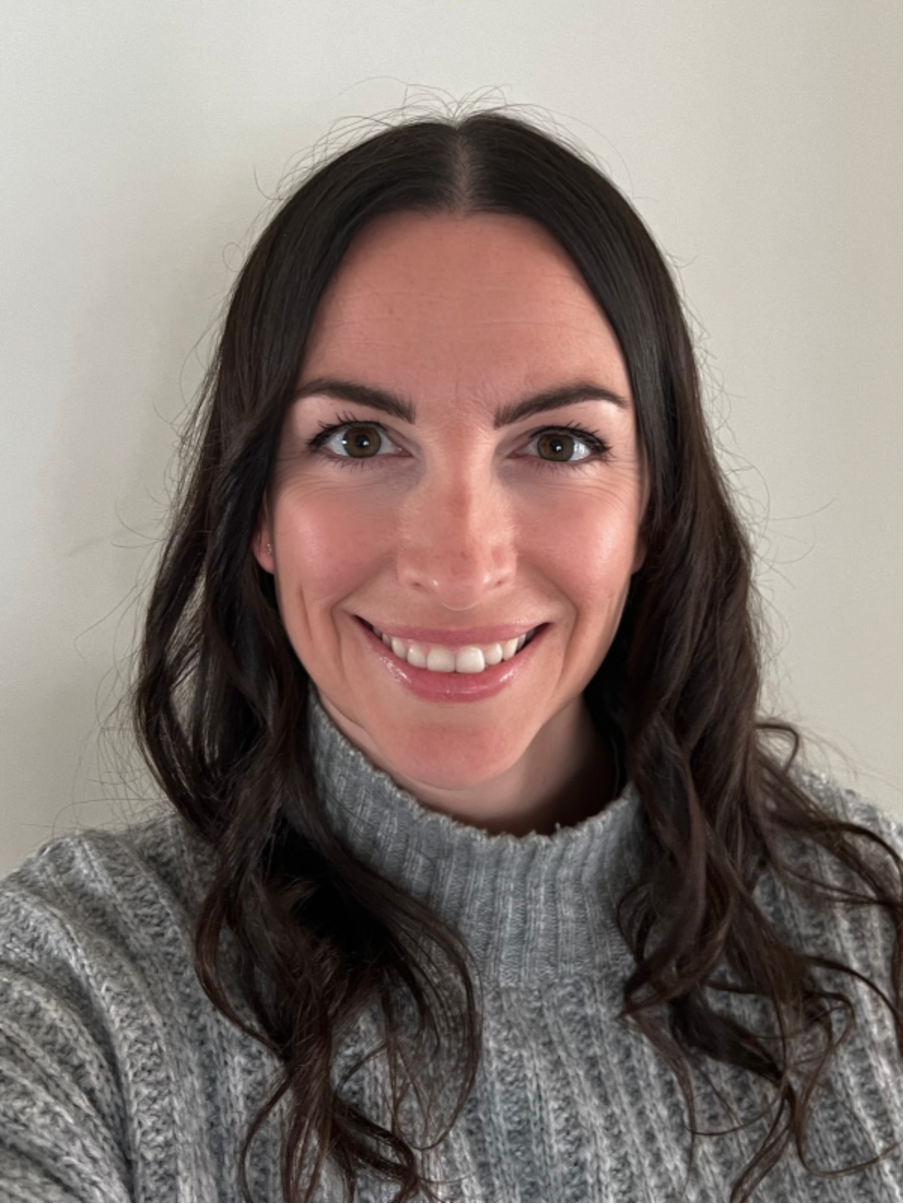
Dr Anna Thorburn
Medical doctor (GP) and University Lecturer
Secretary
Dr Anna Thorburn is an NHS GP and Clinical Lead for Mental Health, and University Lecturer, with a degree in Aerospace Physiology. Anna has worked at NASA Kennedy Space Centre with the medical team, working on astronaut health and research, and has also conducted research at PUCRS University in Brazil regarding CPR in microgravity. Anna has been a part of the European Space Agengy Space Physicians Training Course and also the UTMB Principles of Aviation and Space Medicine month-long training.
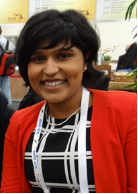
Dr Rochelle Velho
Medical Doctor (GP Trainee ST1, previously registrar in Anaesthesia, ITU and Acute Medicine), NIHR Academic Clinical Fellow (ACF) in General Practice with Public Health Research theme, Medical Doctor for the Austrian Space Forum BME team, Treasurer for UK Space LABS, NIHR ACF Rep for Keele IAT, Co-Founder for SGAC Space Medicine & Life Sciences project group; MBChB, MPH, BSc PG Cert FHEA, ARAeS, AFPH
Treasurer
Dr. Rochelle Velho is an NIHR Academic Clinical Fellow (ACF) in General Practice and Public Health, with a decade of experience in the NHS. She has previously specialized as a resident doctor in Anaesthesia, Intensive Care Medicine (ICM), and Acute Medicine. In addition to her clinical expertise, Dr. Velho served as the Chief Medical Officer for the Austrian Space Forum (OeWF), where she played a pivotal role in pioneering expeditions such as AMADEE-18, which tested space suits in the extreme environment of the Dhofar Desert in Oman. She continues to consult for the OeWF medical team during mission planning and implementation. Dr. Velho’s extensive clinical and research background led her to co-found the SGAC Space Medicine and Life Sciences Project Group in 2018. This global platform empowers young professionals to present space-based solutions to the United Nations, contributing to the health-related Sustainable Development Goals. Her leadership in this area has fostered collaborative research with ICAM, ESA, UK Space LABS and NASA sub-teams. She has served as a mentor for the UNOOSA Space 4 Women program is driven by a passion to leverage space-based innovations for terrestrial health challenges.
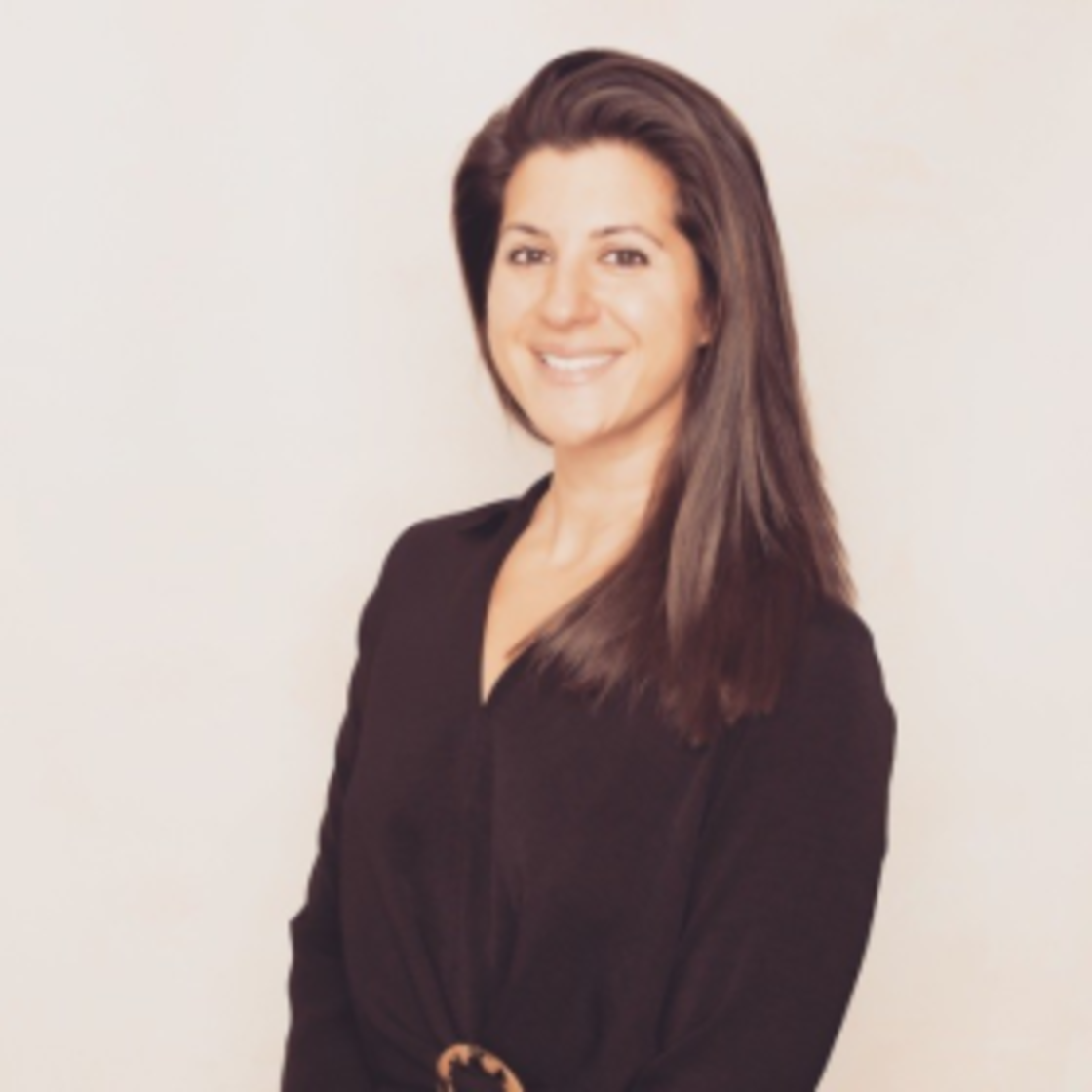
Dr Julia Attias
Researcher Development Manager/Human and Aerospace Physiologist, BSc, MSc, PhD
Communications Executive
Julia's fundamental knowledge base lay in understanding how the removal/addition of gravitational loading affects cardiorespiratory and musculoskeletal systems as well as human movement. Her research career spanned extensive investigation and experience in understanding of the efficacy of artificial gravity countermeasures - including wearable elastic garments and human centrifuges – on cardiorespiratory, neuromuscular and movement biomechanics, under both normal and microgravity paradigms. She has worked on large-scale international collaborative projects with the UK Space Agency, the European Space Agency and NASA. She has been, and enjoys being, involved in numerous academic and outreach endeavours, including through guest lectures, TV, Radio, interviews, blogs and competitions.
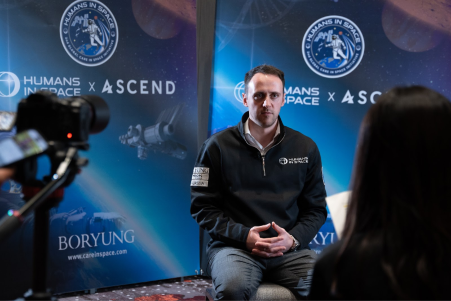
Associate Professor Luke Hughes
Associate Professor, Aerospace Medicine & Rehabilitation Laboratory Team Lead, PhD
Early Career Researcher Support
Luke is an applied exercise physiologist whose primary research interest is optimisation of human health, performance and rehabilitation in aerospace, clinical healthcare and elite sport contexts. He is the lead of the Aerosapce Medicine & Rehabilitation Laboratory Research Group at Northumbria University, a leading institution is human spaceflight research. Luke collabroates with key stakeholders including: NASA Johsnon Space Centre, European Space Agency, Canadian Space Agency, SpaceX, Axiom Space and the Ministry of Defence. He speciliases in optimisation of exercise countmeasures for spaceflight, and is leading the global development of blood flow restriction exercise in space, which saw a historic first-ever on-orbit exercise experiment with SpaceX's Fram2 mission. Luke is also the early career theme lead for the Human, Environmental and Exercise Physiology Theme at the UK Physiological Society.
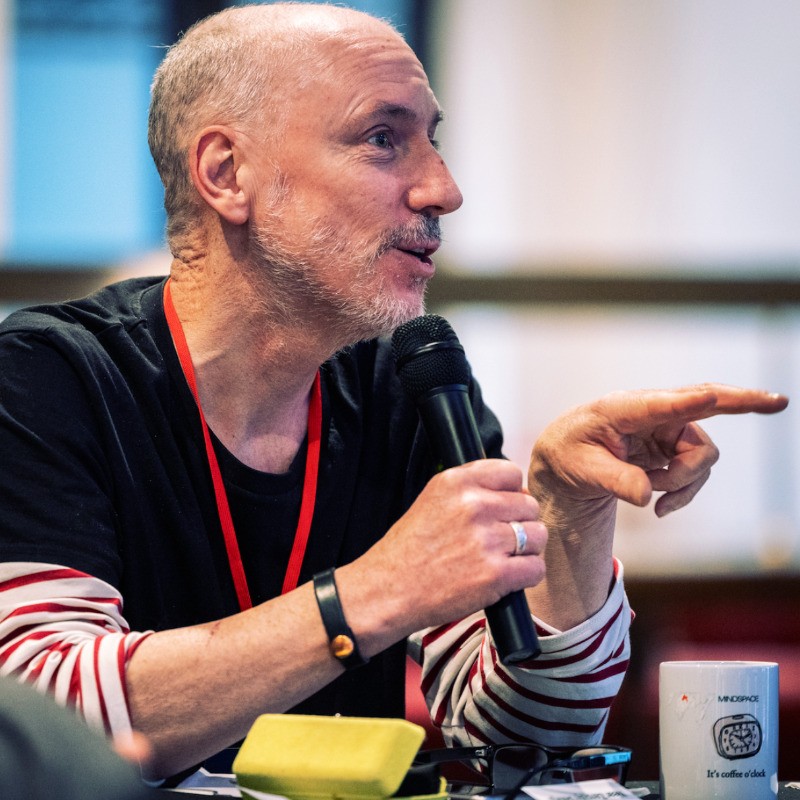
Charlie Young
Managing Director (Design) Plastron UK Ltd, CEO Near Zero by Design Ltd
General Executive
Charlie Young has a career embedded in both the space industry and in healthcare and healthTech. In the health sector, he was involved helping DoH develop their digital strategies as well as developing the first online symptom assessment service for NHS Direct. His experience in the space sector includes spacecraft launch campaigns, launch operations and more recently in system transformation in support of UKLaunch, Microgravity Life Sciences and Carbon Impact reporting. He is currently working on projects to introduce new UK and European microgravity research capabilities as the International Space Station reaches the end of it's operational life in the next five years.
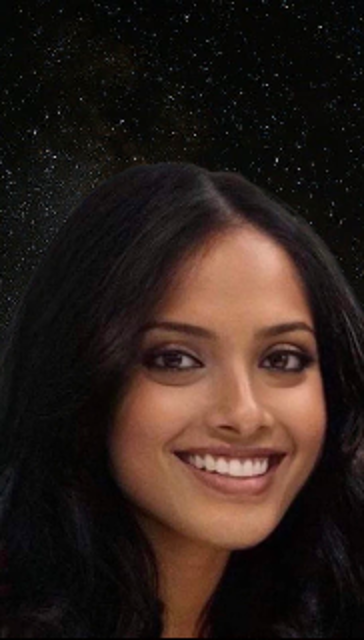
Dr Deepasree Bangaru-Raju
Medical Doctor and Research Fellow, BMBS, MRCP (London), PgDip (Clinical Toxicology)
General Executive
Deepasree Bangaru-Raju is an Acute Medicine Physician at University Hospital Southampton and Clinical Research Fellow with the Machine Learning Team at University of San Diego working on predictive models for patients with heart failure. In addition to clinical responsibilities, she is a member of the Austrian Space Forum (OeWF) and is part of the Biomedical Engineering leadership team. She has completed various space analogue missions, participating as a MEDO for the AMADEE 20 mission and an analogue astronaut (AA). She is also the medical leas for the upcoming World’s Biggest Analog mission. She is a fellow of the Royal Geographic Society, completed the European Space Agency Physician Training and was a member of the European Space Agency (ESA) systemic review team. Her clinical and academic pursuits reflect her aspiration to find solutions in delivering healthcare in microgravity environments for deep space exploration.
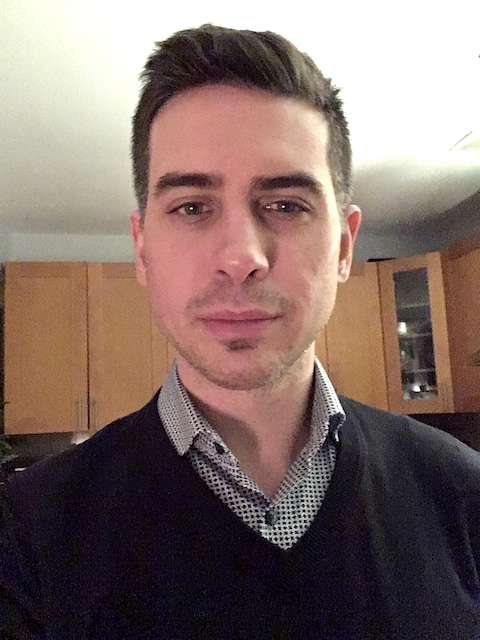
Robert (Rob) Nagy
ISU MSS25_26, BSc in Molecular Bionics Engineering, MSc in Data Science and Business, PhD in Molecular and Clinical Medicine
Website Development & Contents Management
Robert is an avid space enthusiast whose multidisciplinary expertise encompasses Biomedical Engineering, Information Technology, Business, Clinical Data Science, and Artificial Intelligence. This diverse foundation is further enriched by over eight years of academic research experience in Neuroscience, Medical Imaging, Biophysics, and Health Data. His recent role was in high-performance computing, contributing to projects in satellite imagery, weather modelling, and Safe Haven Health Data services, whilst obtained a PhD in Clinical Data Science with a focus on Health Technology Appraisal. Robert aspires to advance his career at the nexus of 'Space, Life, and Intelligent Machines', striving to bridge disparate fields of knowledge and uphold the highest standards of quality and ethics. Following the completion of his doctorate, he has joined the 2025 cohort of the International Space University’s Space Studies Master's Programme with a dedication to specialising in Space Sciences and Exploration.
External Agency Point of Contacts
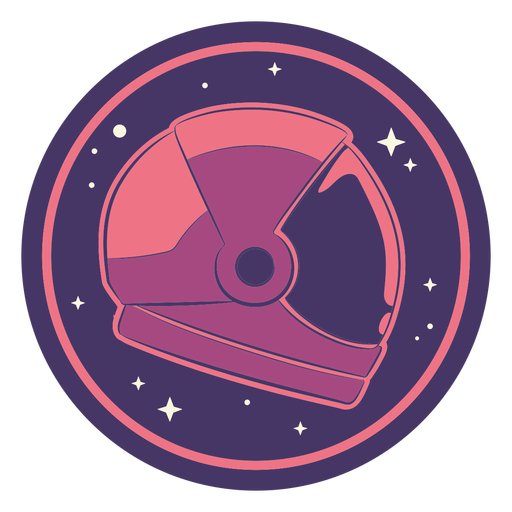
Prof Elisa Raffaella Ferre
Professor of Cognitive Neuroscience, BSc Psychology; MSc Psychology; PhD Psychology/Cognitive Neuroscience.
ELGRA Research
Elisa Raffaella Ferré is a Professor of Cognitive Neuroscience in the School of Psychological Sciences at Birkbeck University of London. She earned herPhD in Psychology from the University of Pavia in Italy in 2012 and joined Birkbeck in 2021, after holding academic positions at University College London (UCL) and Royal Holloway University of London. Prof Ferré has quickly established herself as a world-leading researcher in the cognitive neuroscience of the vestibular system, employing a distinctive approach to vestibular research. Her work has had a broad impact, transforming our understanding of the vestibular system across psychology, clinical vestibular research, and human space exploration. She has led numerous research projects published in prestigious journals, such as Current Biology, Psychological Science, and Cortex. Her work has been featured in major media outlets, including New Scientist, BBC Science Focus Magazine and The Guardian. She serves as Vice President of the European Low Gravity Research Association (ELGRA) and collaborates with the European Space Agency (ESA) Education and the United Nations Office for Outer Space Affairs (UNOOSA) on initiatives like Access to Space for All. She also acted as mentor for the UNOOSA Space4Women program which empowers young women to pursue careers in space science.
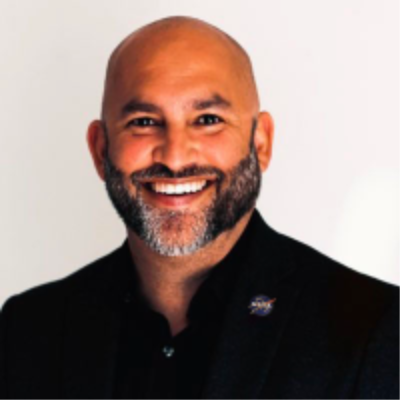
Professor Adam Hawkey
Current Roles: Professor, Saveetha Medical College and Hospital, Saveetha Institute of Medical and Technical Sciences (SIMATS), India AND Honorary Lecturer, School of Medicine, University of Dundee, UK. Relevant Qualifications PhD Human Health and Performance; Senior Fellow, Higher Education Academy; Fellow, Chartered Association of Sport and Exercise Sciences; Fellow, British Interplanetary Society
Member of the Executive Committee/ UNOOSA Representative
Adam Hawkey is Professor of Sports Science at Saveetha Institute of Medical and Technical Sciences (SIMATS) and Honorary Lecturer in Sports Medicine and Biomechanics in the University of Dundee’s School of Medicine. Accredited in both physiology and biomechanics, and a chartered scientist with the Science Council, he has supported Olympic and Paralympic champions, Premier League football teams, Formula 1 drivers, and those in more extreme environments (including explorers, military personnel, mountaineers, cross Atlantic rowers, and astronauts). A former researcher with NASA’s Biomedical Office he is currently a Committee Member of the United Nations Office for Outer Space Affairs (UNOOSA) Space and Global Health Working Group. He has been acknowledged for his work with fellowships in sport science (FCASES), space (FBIS) and education (SFHEA) respectively.
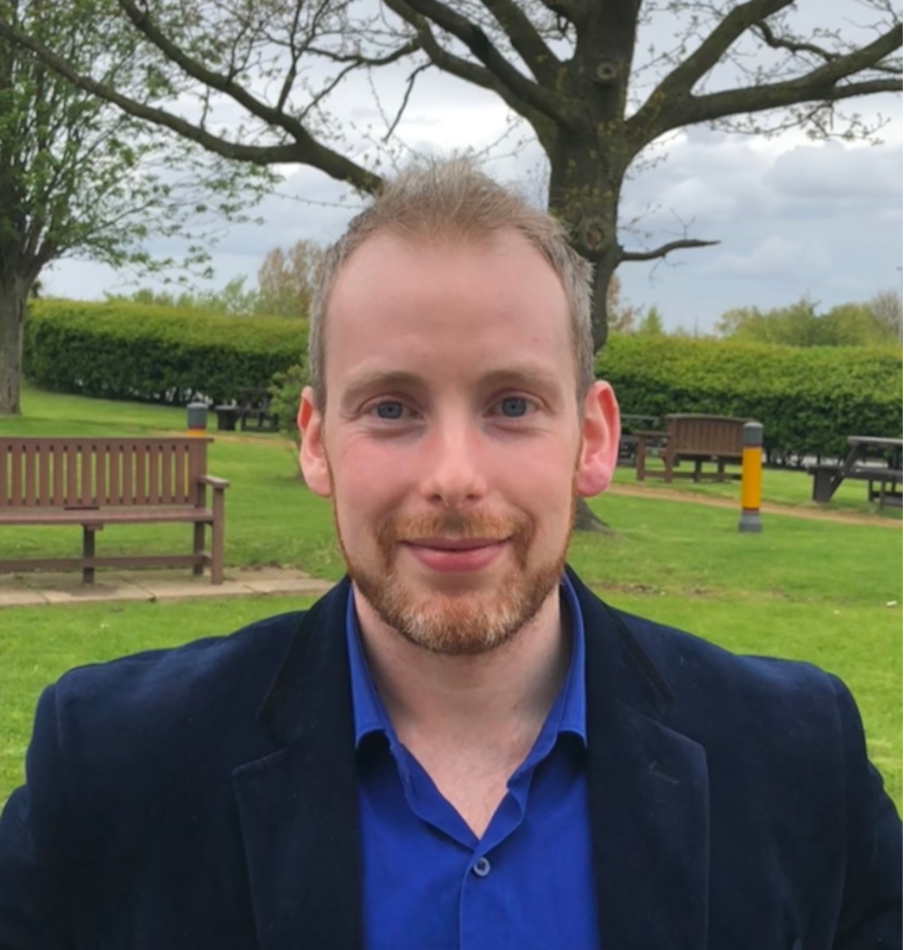
Dr Phil Carvil
Current Roles: Head of Clusters, Science and Technology Facilities Council - UK Research and Innovation; Secretary, European Low Gravity Research Assocaition
UK Research and Innovation (UKRI)
Advisor
I have the pleasure of working with stakeholders across the research and innovation ecosystem, in developing High-Tech, innovation clusters. This started several years ago with setting up the North West of England’s Health and Life sciences Cluster and has since grown to support multiple other cluster developments, in sectors such as Digital, Biotech, Defence, Materials, as well as chairing national cluster boards in the space sector. A scientist by background, I undertook a PhD for the European Space Agency at King’s College London, on a project designed to support the health of astronauts. As such I am passionate about cross sector opportunities, particularly between the life sciences and space sectors. I have cooridnated several national reports including the position paper Why Space?the oppounity for Life Sciences and Innovation.
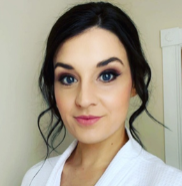
Dr Samantha W. Jones
Research Project Manager, University of Liverpool; Consultant Project Manager, BioOrbit Ltd; Space Exploration Advisory Committee, UKSA; BSc - Biological Sciences (Hons), MRes - Biomedical Science and Translational Medicine (Drug Safety), PhD - Molecular and Clinical Pharmacology
SEAC Representative
Dr Samantha Jones is the Microgravity Research Portfolio Manager at the Institute of Life Course and Medical Sciences (ILCaMS), University of Liverpool. In this role, she oversees the management of microgravity research within the Institute, including two UK Space Agency (UKSA)-funded national missions to the International Space Station (MicroAge and MicroAge II), as well as a joint UKSA-European Space Agency (ESA) supported project, FLUMIAS-ISS. She currently serves as a member of the Space Exploration Advisory Committee for the UK Space Agency, advising the agency on matters related to robotic and human exploration programmes. In addition to her academic role, Dr Jones is also a Consultant Project Manager for BioOrbit Ltd, further expanding her expertise in the coordination and management of space-related projects. Previously, she led the MicroAge Mission as a post-doctoral researcher, focusing on the effects of microgravity on skeletal muscle function and its connection to musculoskeletal ageing on Earth. Her skills and knowledge are firmly grounded in skeletal muscle micro-tissue engineering, physiology, microgravity research (specifically in low Earth orbit), hardware validation for life science payloads, and the coordination of mission operations.
